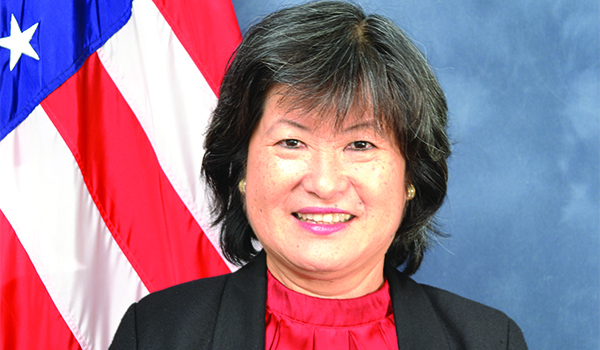Loading items....
News
Department of Epidemiology
Scientific American: What COVID-19 Antibody Tests Can and Cannot Tell Us
May 5, 2020
Antibody tests could help scientists understand the extent of COVID-19’s spread in populations. Because of limitations in testing accuracy and a plethora of unknowns about immunity itself, however, they are less informative about an individual’s past exposure or protection against future infection.
“We don’t know the natural [course] of the disease. All we can do is [say] that if you have a good [antibody] test, and you trust the result, and you’re positive, you did have exposure,” says May Chu, a clinical professor of epidemiology at the Colorado School of Public Health. “We do not know if [those antibodies are] protective. And we won’t know for months to come—until somebody else who’s been infected before gets exposed to the virus again, and we see whether they get sick or not,” says Chu, who is also a member of a World Health Organization expert group focused on infection control and prevention for the COVID-19 epidemic. In fact, on April 24 the WHO released a scientific brief explicitly cautioning against the use of so-called “immunity passports” or “risk-free certificates.” There have been a few reports of individuals testing positive for the virus after recovering and testing negative. But they have not been shown to have been reinfected. Some experts think antibody tests might be able to help determine whether such cases are the result of reinfection or “redetection” caused by a clinical relapse.
Read the full story at Scientific American.
Categories:
Department of Epidemiology
|
Tags:
ColoradoSPH Community News
ColoradoSPH COVID-19 News


